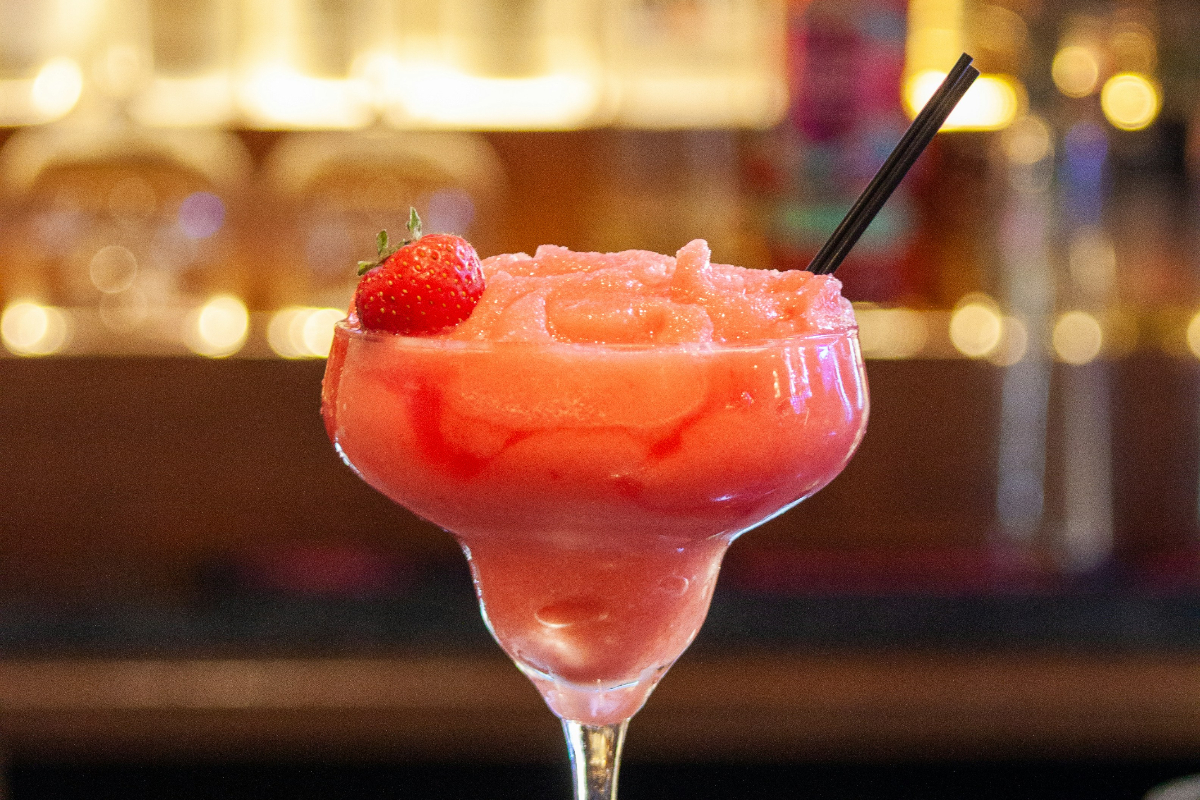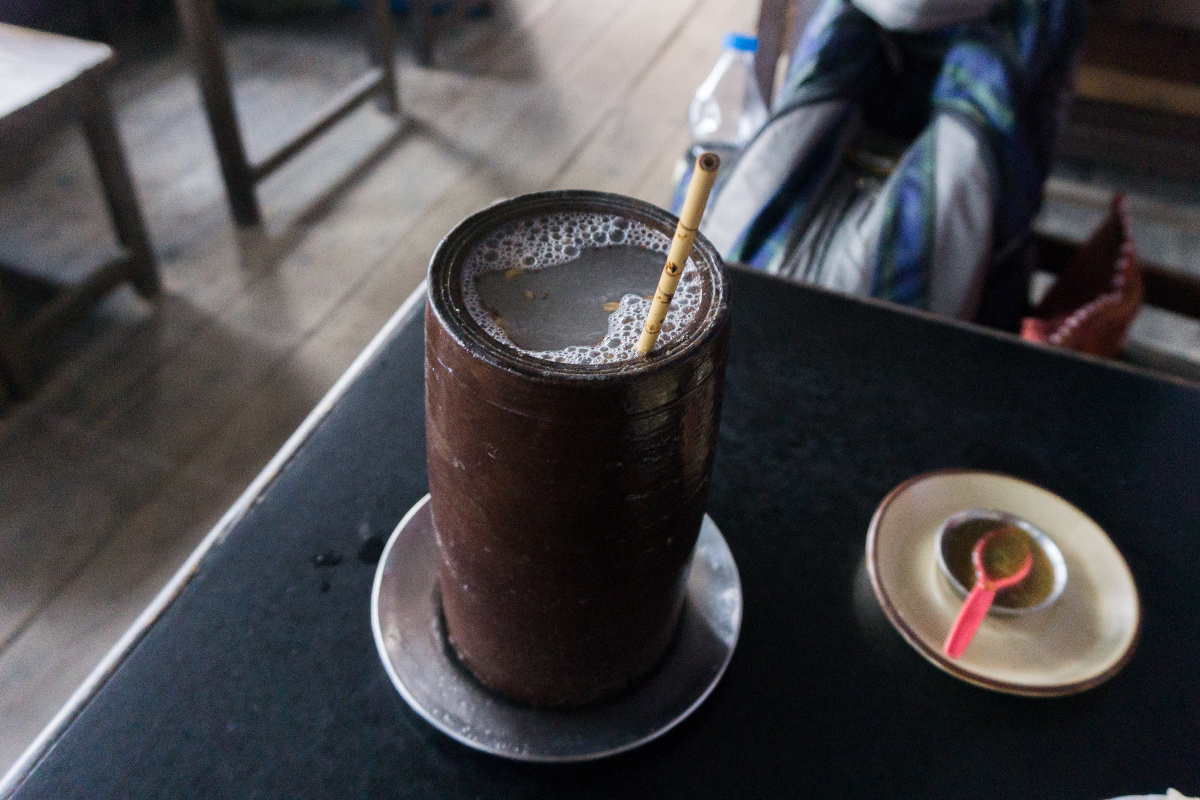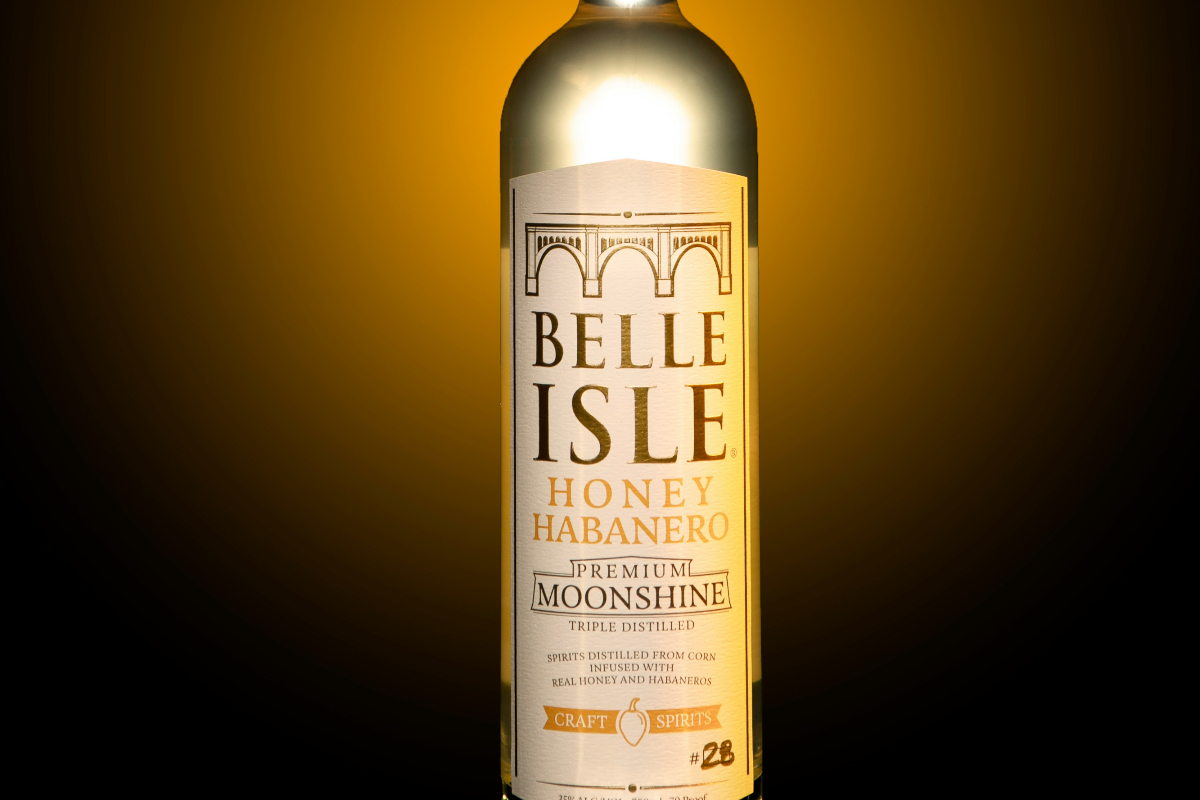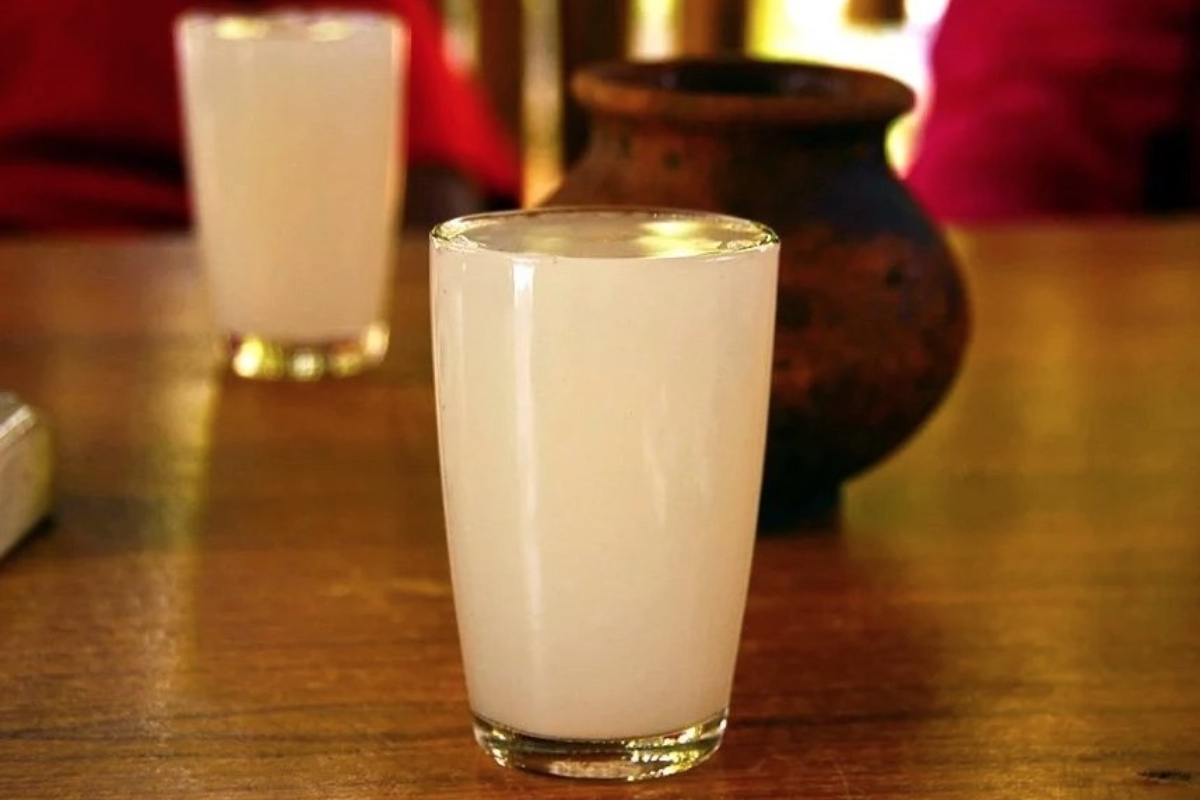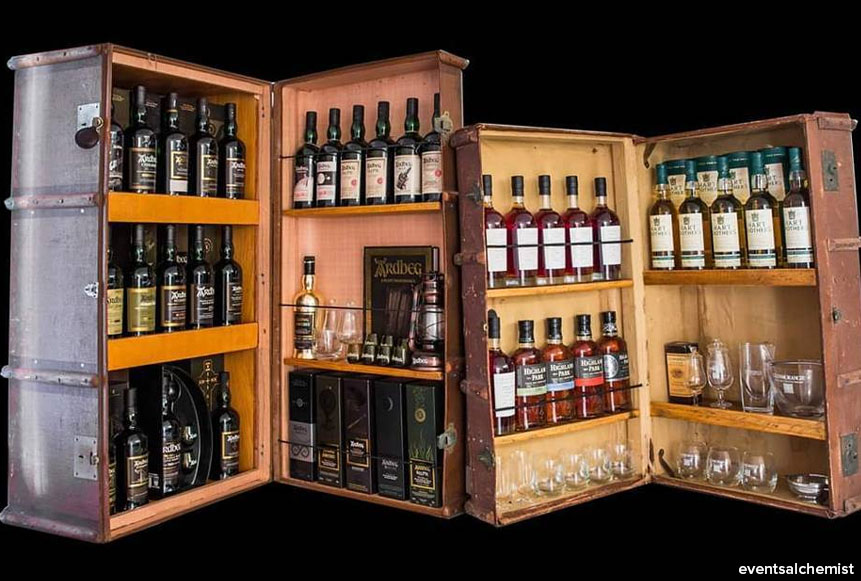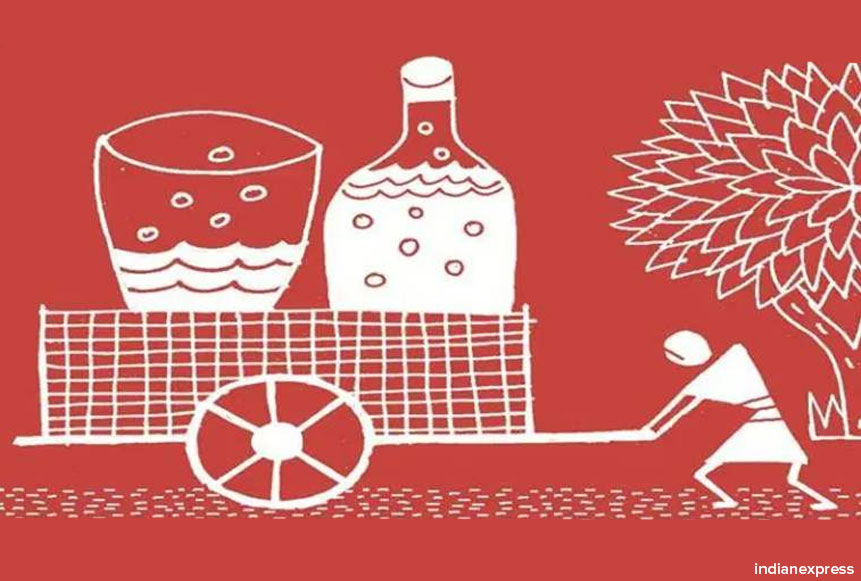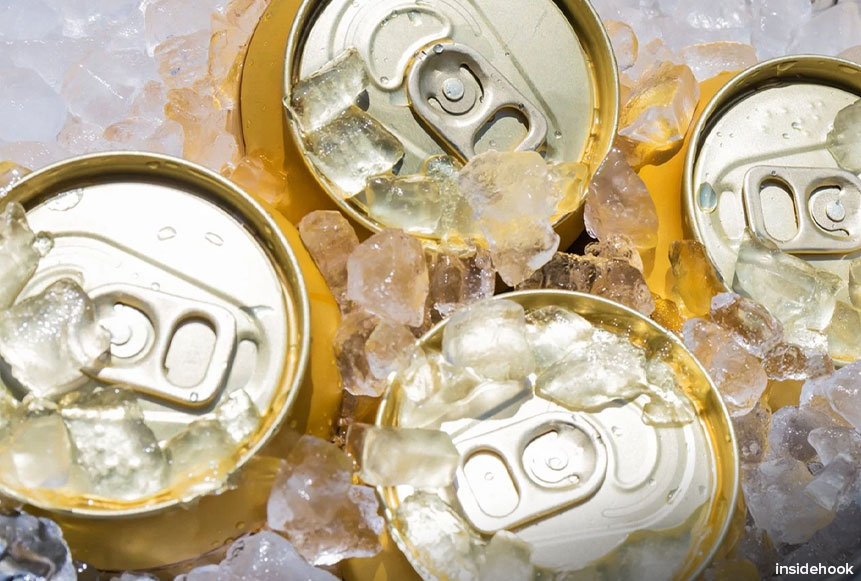If you are confused between whiskey and whisky, you should know that different regional producers use different spellings of the word, for example, ‘whisky’ is used by Japanese, Canadian and Scottish distillers while ‘whiskey’ is used by Irish and American distillers. At the end of the day, both spellings are correct and the only purpose of having two spellings is to define the origin of the bottled spirit.
To understand basic whisky/whiskey types, you should know that there are mainly 4 types of the spirit – Scotch Whisky, Rye Whiskey, Bourbon Whiskey and Irish Whiskey.
Scotch Whisky is only produced in Scotland and is distilled from malted barley. It is required to be aged in oak barrels for a minimum of 3 years and each bottle of the spirit must give information about the youngest whisky used in the production of the respective whisky blend.
Rye Whiskey is produced in America and is required to be distilled from at least 51% rye during its production process. It is aged in new charred oak barrels, with no specific minimum aging period requirements in place and boasts a subtle spicier flavour profile than its counterparts. Some Canadian Whiskys come under this type when distilled from rye but differ in character because of their minimum 3 years of aging period requirement.
Bourbon Whiskey is produced in America, mostly in the Kentucky region of the US. It is required to be distilled from at least 51% corn and should be aged in new charred oak barrels. There are no minimum aging period requirements associated with its production but the whiskey needs to be bottled at 40% ABV or more. Practically, Tennessee Whiskey comes under this type, with the only difference being that all Tennessee whiskies are required to use the Lincoln County Process (filtration through charcoal chips) filtration method prior to being aged.
Irish Whiskey is produced in Ireland and is distilled from mashed malt. It can only be produced with distilled water and caramel colouring and is required to be aged in wooden barrels for at least 3 years. This whiskey type turns out to be smoother than its counterparts and is recommended to be enjoyed neat over ice.
Interesting, right? Now go on and use this new knowledge to educate your friends over a peg of the spirit!




